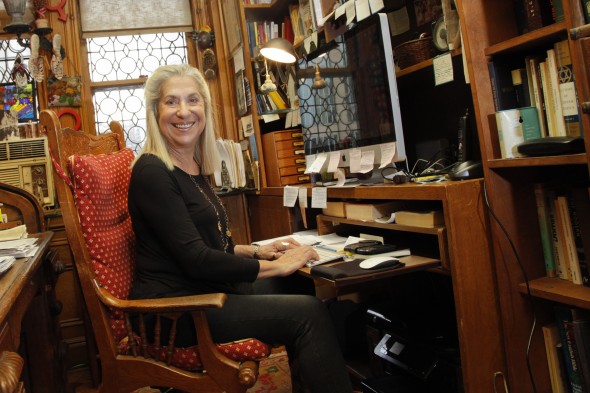
I am pleased to introduce you to Letty Cottin Pogrebin, writer, lecturer and activist. She has written a new book , How To Be A Friend To A Friend Who’s Sick. The subject of friendship and illness came to the forefront for her as she went through her own battle with breast cancer.
How we support one another through crisis and difficulties – what we say, how we listen, how we can be there for each other – is a topic I’ve written about here too. And so when I saw that this book had just come out, I thought it was a perfect fit for my theme.
“Empathy translated into action equals kindness.” Letty Cottin Pogrebin
I suppose my general optimism helped me move forward after my cancer diagnosis. My habit of denial also helped. I’m very good at repressing the negatives and concentrating on the positive elements of my life.
I think everyone who gets a serious illness goes through some depression or self-pity; it’s only natural. What helped me was to refocus on everything I have to be grateful for – my wonderful family, work that I love, a basically okay prognosis for recovery, and the beauty of the world around me. It may sound corny but that’s what lifted me out of the doldrums.
Shortly after I received my diagnosis I thought about all the women I know who have had breast cancer and who now lead healthy, vigorous and fully-functioning lives. That realization allowed me to reframe my situation as something I would eventually get through and put behind me as these other friends had. In the book, I describe the three women, close friends, who helped me “when I was in my cave,” and I’m quite specific about what they did and said that made me feel better, stronger, and more equipped to endure the ordeal that lay ahead.
My most effective coping skill was what I call “normalization.” As much as possible, I tried to keep doing what I’ve always done. I had a yearning to feel “normal” no matter what I was going through. I didn’t want to become “cancer girl”. For me that meant maintaining an active social life as soon as I was able, spending time with my husband, children and grandchildren, doing my writing, going out to dinner or to the movies or the theater, hiking and traveling. Not all sick people have the strength or capacity to continue with their usual activities but, as I emphasize in “How To Be A Friend To A Friend Who’s Sick,” it’s still the case that their friends can help to “normalize” them by striking the right balance in their conversations – always showing care and concern but never letting it turn into pity or suffocation.
My primary goal in my new book is to encourage absolute honesty on the part of both patients and their friends and family. Patients should feel entitled to admit what they want and don’t want from the people in their lives; what feels good and what doesn’t; when they want company and when they would prefer to be alone. By the same token, friends should be able to say three things to the patient:
a. Tell me what’s helpful and what’s not.
b. Tell me when you want to be alone and when you want company.
c. Tell me what to bring and when to leave.
Relationships based on this kind of candor can be a great relief and enormous support to someone going through a critical illness because patients who’ve established an “honesty is the best policy” commitment don’t have to pretend to like what they don’t like, talk about their illness when they want to talk about sports or gossip, or fake appreciation for actions or gifts they don’t really want. In short, the new illness etiquette is based on simple truth-telling by both parties.
Thanks for stopping by. How have you felt supported by others in your time of need? How do you support a loved one?
